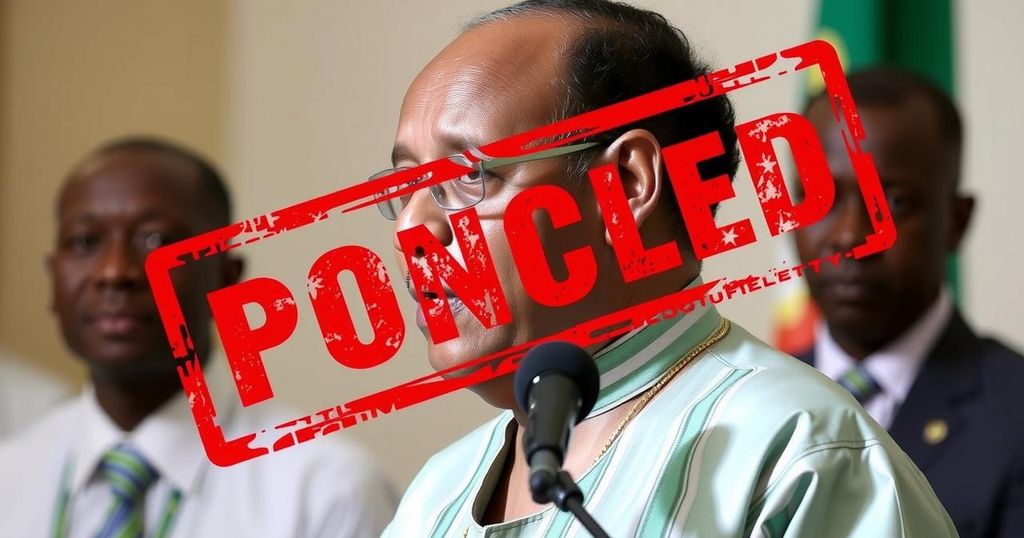Togo Postpones Inaugural Senate Elections to February 15

Togo has postponed its first senatorial elections to February 15 to allow political parties additional time to prepare. The elections are part of a new constitutional framework that has faced opposition criticism. Major parties like the ANC plan to boycott the elections, viewing them as a tool for the current president’s extended control.
Togo’s inaugural senatorial elections have been rescheduled to February 15, following a presidential decree released on Friday. The adjustment, which provides an additional two weeks for preparations, aims to enable political entities to better arrange their campaign strategies. Official campaign activities are set to commence on January 30.
This election represents a crucial phase in the implementation of a newly proposed constitution, which has faced significant backlash from opposition groups and civil society organizations. While some political parties requested the postponement to secure adequate time for candidate registration, leading opposition factions, such as the National Alliance for Change (ANC), have declared their intent to boycott the elections, labeling the event as part of a “constitutional coup d’état.”
The Senate, a body established through a constitutional amendment in 2002, will consist of 61 members. Of these, 41 senators will be elected by municipal and regional councilors, while the remaining senators will be appointed by the president of the Council of Ministers. The newly proposed constitution diverges from the prior system of direct presidential elections, fostering concerns that President Faure Gnassingbé is attempting to consolidate his power indefinitely. Gnassingbé, who chairs the ruling party, UNIR, led his faction to secure 108 of the 113 seats in the April 2024 legislative elections. Having governed Togo since 2005, after succeeding his father who held power for 38 years, his administration faces growing scrutiny amid calls for democratic reforms.
The push for senatorial elections in Togo is part of a broader national effort to establish a framework for governance under a revised constitution. This constitution has been framed by the government as a necessary step toward modernizing Togo’s political structure, yet it has been met with vehement criticism by opposition parties that argue it is a mechanism for entrenching power. The established Senate, which has never convened since its formation through the 2002 constitutional revision, is seen as a pivotal legislative body in shaping the political landscape of Togo. The current political context is marked by widespread calls for reform and increased democratic representation.
In summary, Togo’s delay of its senatorial elections to February 15 reflects the tensions within its political landscape as various parties navigate the implications of a controversial new constitution. The decision to extend the campaign period aims to accommodate candidates, yet prominent opposition factions remain steadfast in their boycott, questioning the legitimacy of the electoral process. This situation underscores the ongoing challenges the country faces regarding governance, democratic norms, and political representation under President Gnassingbé’s administration.
Original Source: www.barrons.com






